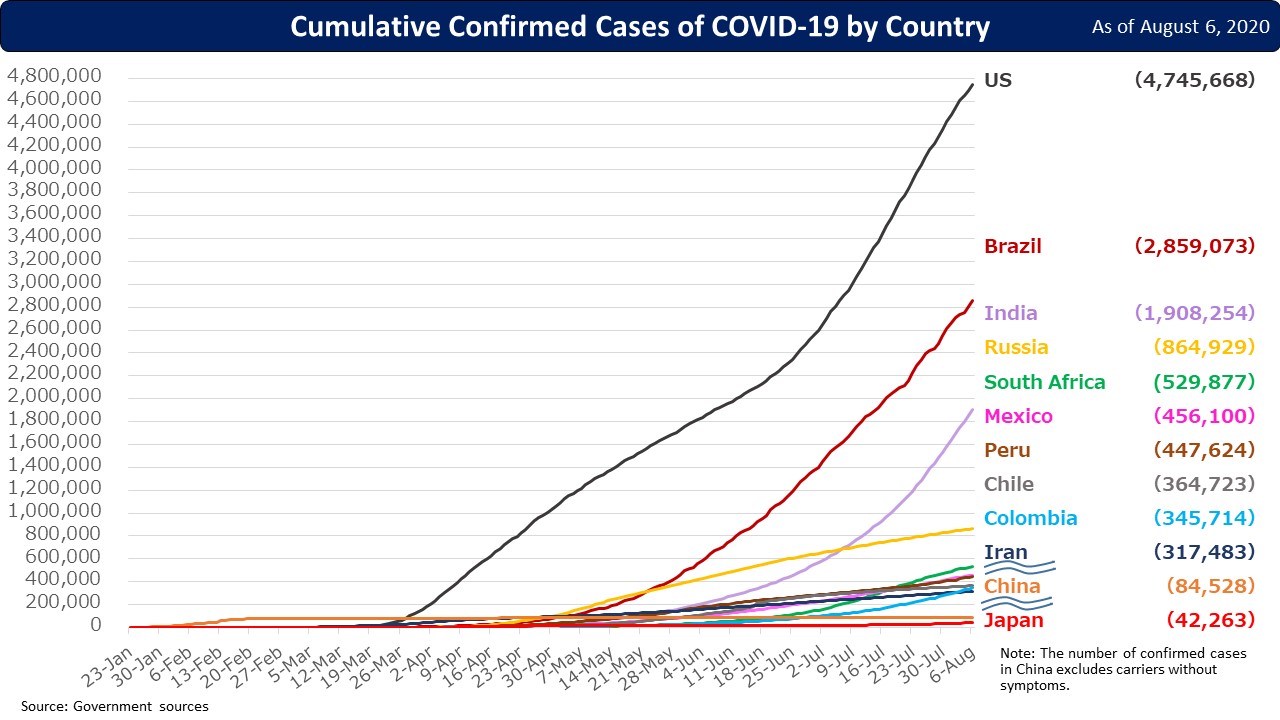
所有房源

When can we travel again? That’s the big question in everyone’s head. Covid-19 has given us cabin fever, and with our growing desire for wanderlust, we’re starting to plan our dream trips. It’s no secret that Japan has an astounding amount of beauty.
From the lavender fields in Furano, Hokkaido down to the crystal clear beaches in Okinawa, whether that’s shrine hopping in Kyoto or gazing at Mt Fuji, we’re already getting excited about exploring Japan.
However, travel to and from Japan — the third-largest economy in the world — has practically put to a halt since the entry ban was imposed on most countries.
As a result, its travel and tourism industry has suffered for the first time in decades. According to Japan National Tourism Organization (JNTO), the estimated number of international travellers to Japan in May was 1,700, the lowest for any month ever recorded, and 99.9% down from the same month last year.
In comparison to before the global health crisis, almost 32 million foreign visitors came to Japan in 2019, hitting a record for the seventh consecutive year with an increase of 2.2% from 2018.
Japan ended its nationwide state of emergency on May 25. Tokyo has already entered the third and final stage of its reopening plan, which allows all entertainment and recreational facilities, including karaoke establishments, pachinko parlours, arcades and amusements parks to resume business. Restaurants and bars can stay open until midnight.
As of August 7, the Japanese authorities reported a total of 44,166 coronavirus cases. This number includes 1,034 COVID related deaths and 28,877 recoveries. Tokyo remains the most affected city, followed by Osaka, Kanagawa and Saitama.

Japan is currently refusing entry to non-Japanese nationals who have been to any of over 100 countries across the world, including the United States and Europe.
Japan is also suspending visa exemptions for the time being, making it necessary for all visitors to apply for a visa before travelling to Japan.
Starting August 5, certain foreign residents have been granted re-entry to Japan.
To promote domestic travel and to help boost local businesses, the Japanese government has kicked off the Go to Travel campaign on July 22, which provides subsidies of up to 50 per cent on the costs for transportation, hotels, restaurants, tourist attractions and shopping, all within Japan but excluding Tokyo.
But a tourist hotspot like Japan can’t keep its borders closed forever. Japan is working on a travel bubble with selected countries and regions, hoping to restart some degree of international travel.
Now is the right time, want to invest in Japan? click here

Travel bubbles, also known as corona corridors and travel corridors, are essentially an exclusive partnership between neighbouring or nearby countries and regions that have demonstrated considerable success in containing and combating the Covid-19 pandemic within their respective borders.
These countries then proceed to re-establish connections by opening up borders and allowing people to travel freely within the zone without needing to undergo on-arrival quarantine.
Prime Minister Shinzo Abe discussed the travel bubble with the government’s coronavirus task force team back in June and added more details to the plan.
Japan had already started opening doors to travellers from Vietnam and will soon welcome people from Thailand, Australia, and New Zealand.
Most recently, it has been reported that Japan will start negotiating with ten more countries in East and Southeast Asia to lift travel restrictions gradually. These countries include:
The quota of around 250 foreign travellers daily, which Japan aims to introduce this summer, will initially apply to businesspeople then students, and eventually tourists.
Japan is no longer in the state of a health emergency. The number of Covid-19 cases and mortality rate remain remarkably lower than its Western counterparts despite its ageing population, densely packed cities, and low rates of testing. Public health experts have described their success as a puzzling ‘mystery’.
Thankfully, Japan is rightly renowned for its extraordinary levels of hygiene and cleanliness (it’s just one of the many things we love about this country). Japanese people have been accustomed to wearing face masks for many years. During flu and hay fever seasons, trains are crowded with commuters half-hidden behind white surgical masks. Women who don't bother putting makeup on use masks too!

Japanese are no stranger to masks.
Unfortunately, we are currently witnessing a striking acceleration of the epidemic in the territory. Official measures are in place to counter this trend. Prime Minister Shinzo Abe eliminated the immediate need to declare another state of emergency in Japan. Still, he called on the public to take precautions against spreading the coronavirus, such as avoiding the “3 Cs” — closed spaces, crowded places and close-contact settings.
Overall, Japan is considered a very safe country for travellers. It ranks in the top 10 in the 2019 Global Peace Index, ahead of countries like Switzerland, Ireland, and Finland.
Want to invest in Japan? Click here
When planning our trip to Japan, we will inevitably need to consider countless factors to ensure our experience will be as safe and enjoyable as possible. These include everything from navigating travel restrictions to selecting destinations, accommodations, and activities where we can feel safe in the knowledge that protocols are in place to ensure the safest environment possible.
Before we are allowed entry into Japan, we will be required to hand in negative results from a polymerase chain reaction (PCR) test taken before our departure and take another test upon landing in Japan. The government is also considering setting up stations to conduct PCR tests on people departing from Japan.
We will also need to submit an itinerary detailing the hotel we are staying at and places we intend to visit and refrain from using public transportation.
We may keep GPS data on our smartphones to facilitate contact tracing in the event of infection.
Last but not least, do not forget to take out travel insurance and check the policy will cover any disruptions due to coronavirus. Medical expenses can be high in Japan.

Japan Airlines introduces new health and safety measures.
Travel in the time of coronavirus comes along with a few “quirks”. Travel providers from hotels and ryokans to airlines have been investing in ever-renewing health and sanitation procedures to enhance the safety of both travellers and staff.
For instance, here is a sense of what to expect at accommodations:
At the same time, events involving large gatherings, such as summer festivals or sporting events, are cancelled, postponed or organized in small groups. Presuming the world is back to some semblance of normalcy in 2021, the Summer Olympic Games will formally announce it from the National Stadium in Tokyo.
For general updates on this fluid situation of Japan’s travel/immigration measures, we recommend the following resources:

Despite international travel for leisure might be off the table throughout the year, we believe 2020 is still a golden year to buy properties in Japan in the age of Abenomics and the lead-up to Tokyo Olympics. Read the full story here.
Search for your ideal home in Japan or contact us for comprehensive support. Click hereto contact us.